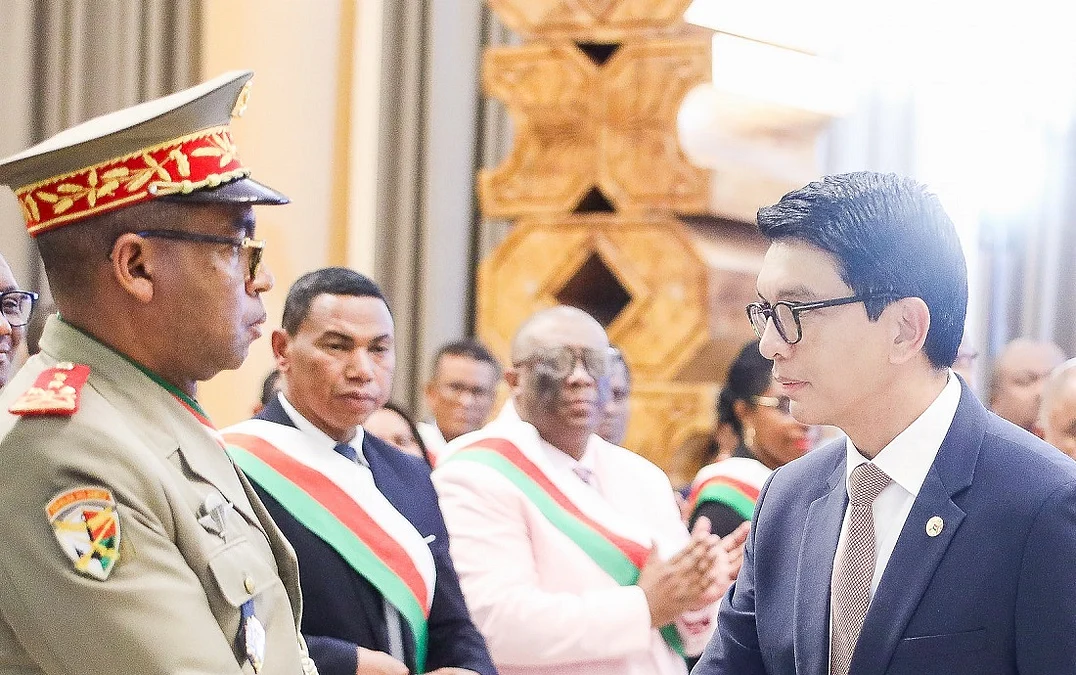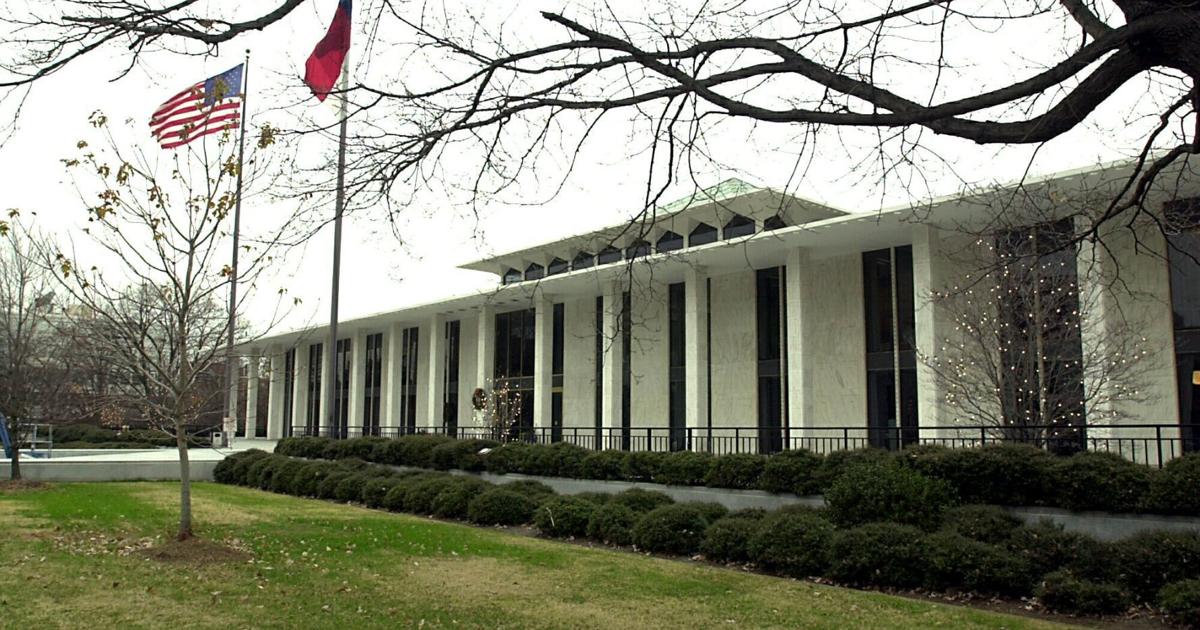Copyright Newsweek

When former GOP Congressman George Santos received a surprise commutation from President Donald Trump last week—just 84 days into his seven-year federal sentence—many Americans were understandably shocked. Santos, after all, had become a national punchline, indicted for wire fraud, identity theft and lying to the public to secure elected office. His commutation, announced through a Truth Social post that praised his “courage” to vote Republican, reignited concerns that executive clemency has become more about politics than justice. While this episode will prompt some to focus solely on who received the clemency, there’s a more important takeaway: The power of clemency, when used often, fairly and transparently, is an essential tool for a more balanced justice system. You may not agree with every name that appears on a clemency list, but the act of granting clemency more frequently should be firmly embraced—and more presidents and governors should use this authority. Although it’s embedded in the U.S. Constitution and has been affirmed by the Supreme Court, executive clemency has become increasingly rare in modern America. More than 13,000 people have applied for federal clemency since 2021, yet only a few hundred have received pardons or commutations. Those are tough odds, and the fact is that most clemency applications sit in bureaucratic limbo for years, if not decades. The average person convicted of a non-violent federal offense has little chance of ever seeing relief, even if they’ve successfully completed rehabilitative programs, served long portions of their sentence and pose no evident risk to public safety. This is not just a federal issue. Governors in many states enjoy clemency power similar to that held by presidents, but aversion to political risk has stifled its use. When clemency is wielded only to benefit the famous or well-connected, the public loses trust in its legitimacy and the people most deserving of a second chance get left behind. Yes, the Santos case is sparking heated debate. And yes, it has fueled perceptions of favoritism. But let’s be honest: Presidential clemency has always been controversial. Gerald Ford’s pardon of Richard Nixon was divisive. Bill Clinton’s last-day pardons, especially the one issued to Marc Rich, rightfully raised eyebrows. And most recently, Joe Biden drew widespread criticism for his “preemptive pardons,” which offered protection to prominent people who had not been convicted or even charged with a crime—including some of his family members. Controversy will continue to haunt this executive power. But the answer is not to retreat from clemency, but to normalize it. Average time served has increased dramatically in recent years, and research indicates many offenders could have served less time without endangering public safety. For these reasons, clemency offers a critical safety valve when used responsibly. It can recognize rehabilitation, correct inequities and offer hope that inspires transformation behind bars. If anything, the reaction to Santos’ release should serve as a reminder of how important it is to apply clemency consistently, not selectively. When the only people receiving relief are celebrities, political insiders or headline-makers, public confidence erodes. Rather than limit or politicize clemency, we should modernize it. Here are four ways to do so. First, we should establish independent clemency boards. Some states, like Georgia and South Carolina, already use nonpartisan boards to screen clemency applications. At the federal level, the Department of Justice has an internal Office of the Pardon Attorney, but the applicant evaluation process is slow and opaque. Creating an independent clemency board could ease partisan pressure and improve fairness. Second, applicants deserve clearer criteria and timelines. Those seeking clemency should not have to wait years without updates. Establishing transparent timelines and eligibility criteria, especially for people who have non-violent convictions or have demonstrated substantial rehabilitative progress, would make the process more predictable. Third, states should expand clemency efforts. Governors should be encouraged to use their powers more regularly, particularly in states with overcrowded prisons or outdated sentencing laws. Pennsylvania is ahead in the game, having recently implemented a simple online clemency petition form and an expedited review process for older, cases involving non-violent crimes. Other states should follow suit. Finally, authorities need to track and share information about outcomes. While data is unavailable in many jurisdictions, the statistics that do exist are encouraging. One analysis found that of the more than 400 commutations issued in low-level drug cases by Oklahoma Governor Kevin Stitt in 2019, just 5 percent of recipients recidivated over the next two years. President Trump and America’s governors should continue to grant clemencies, invoking this power more frequently and equitably. Clemency should not be about fame, politics and special relationships. It should be about redemption, restoration and public safety. After receiving his commutation, Santos expressed remorse for defrauding people and vowed to make improving the nation’s prisons his life’s work. Hopefully he realizes that, given his notoriety, his conduct going forward will affect public attitudes about clemency. It’s natural to be skeptical of the merits of relief in this case, given the seriousness of his offenses, the relatively small amount of time he spent behind bars and Santos’ political connections. But let’s not forget that clemency remains an essential tool for tempering punishment with mercy. Marc A. Levin, Esq. and Khalil Cumberbatch co-lead the Centering Justice Initiative at the Council on Criminal Justice, where Levin is chief policy counsel and Cumberbatch is director of engagement and partnerships. They can be reached at mlevin@counciloncj.org and khalil@counciloncj.org. The views expressed in this article are the writers' own.



